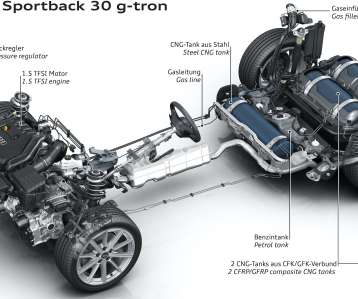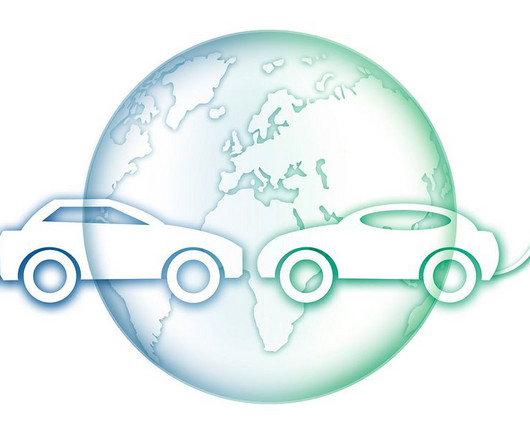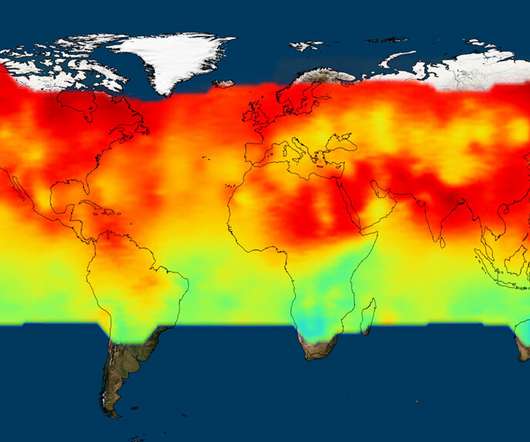Chalmers study: ban on sales of fossil-fuel cars greatly reduces lifecycle GHG mainly due to tailpipe emissions; risk of carbon leakage in manufacturing
Green Car Congress
MAY 28, 2021
If a ban were introduced on the sale of new gasoline and diesel cars, and they were replaced by electric cars, the result would be a significant reduction in lifecycle carbon dioxide emissions primarily due to reduced tailpipe CO 2 emissions, according to a new lifecycle study by researchers at Chalmers University of Technology, Sweden.







































Let's personalize your content